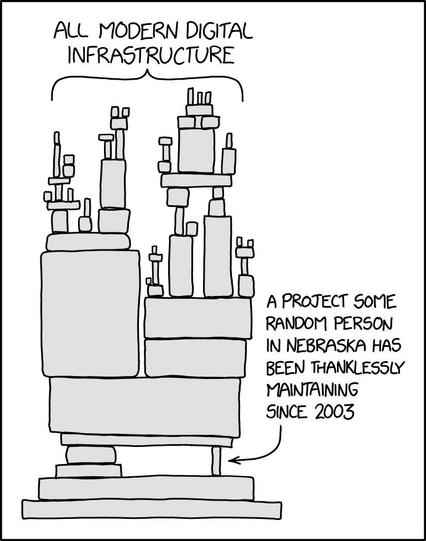Surfacing from replies (see context upthread).
I’ve watched the pendulum swing back and forth multiple times in my career between “code reuse ftw!!” and “no dependencies!!” The one thing I can say with confidence is that both those extremes as dogma are ridiculous and costly. It’s all tradeoffs; you can’t escape the part where you think carefully and contextually.
